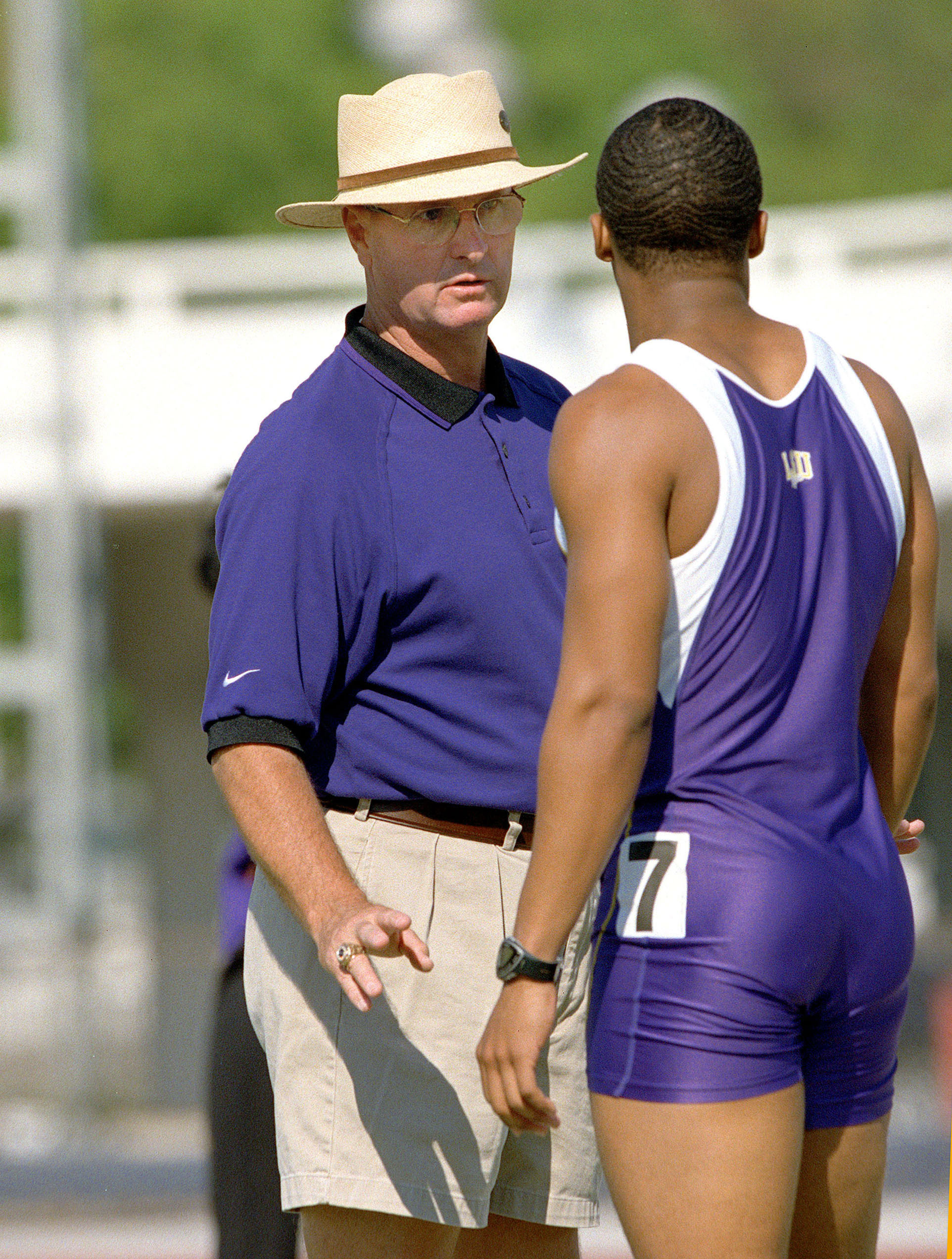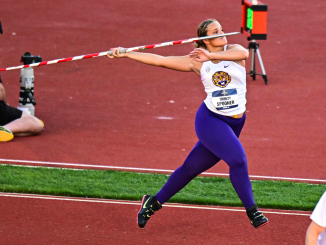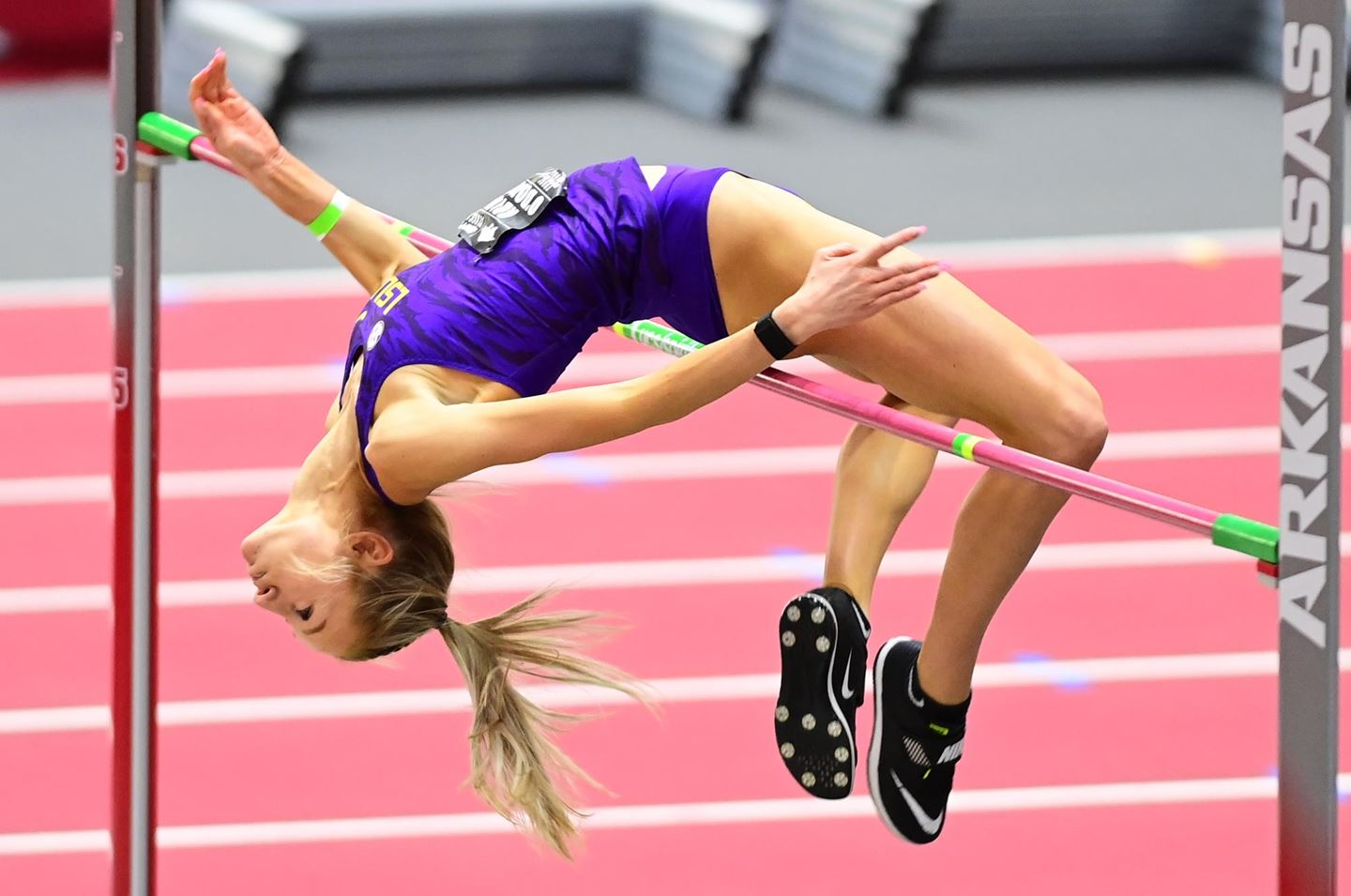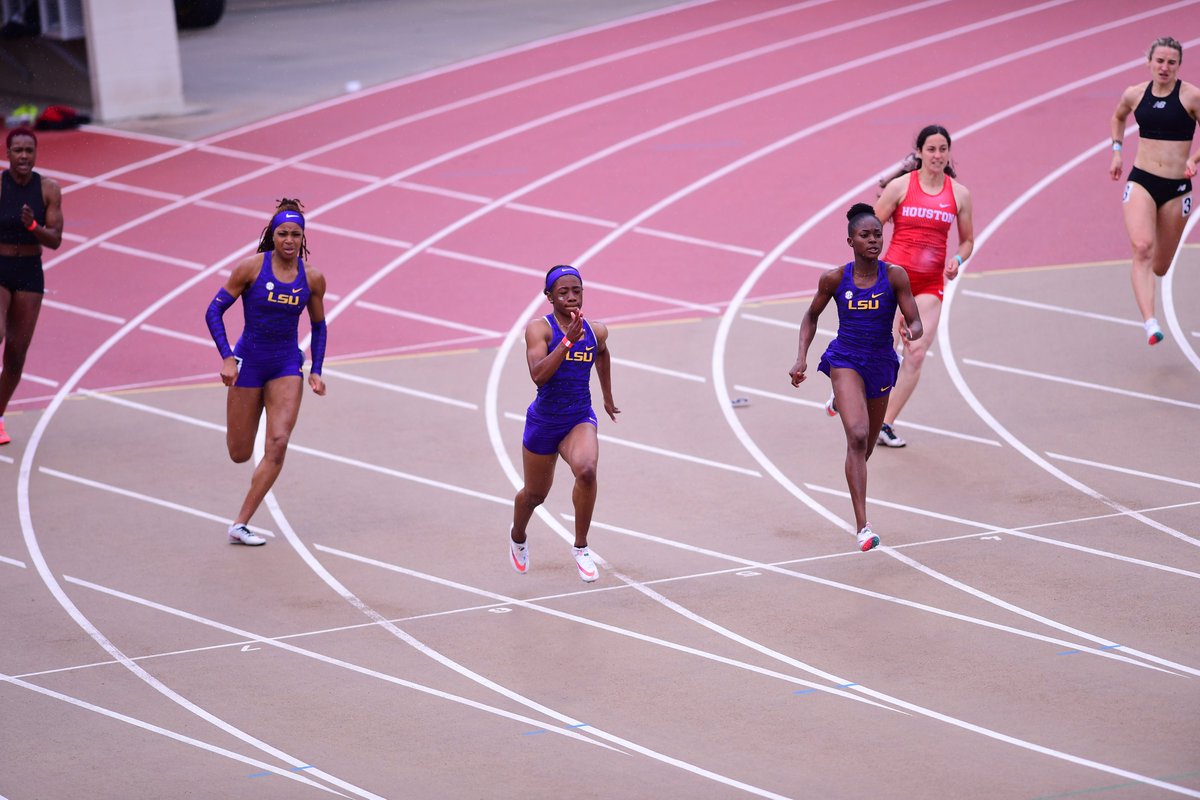
Welcome to the 15th category of our Tiger Rag High Five, the best all-time women sports head coach.
A 15-member media panel with a collective 582 years of sports journalism experience picked LSU’s five best athletes, coaches, moments, and individual game and season performances in 21 categories covering all present and past sports.
Voters on the panel were provided information of six to 10 nominees and were asked to rank one through five. The panel voters could also write-in their own candidates.
Scoring was tallied as 5 points for a first-place vote, 4 for second-place, 3 for third-place, 2 for second place and 1 for last-place. Ties were not broken.
The winner of the best-ever LSU women sports head coach is. . .
Pat Henry, track and field 63 (9 first-place votes)
D-D Breaux, gymnastics 58 (5)
Has guided gymnastics team to 30 top 10 national finishes
Sue Gunter, basketball 40
Basketball coaching legend took LSU to 14 NCAA tourneys
Pokey Chatman, basketball 28 (1)
Directed LSU women’s basketball to three straight Final Fours
Yvette Girouard, softball 20
Won 526 softball games for the Tigers, two CWS appearances
Here’s Henry’s story:
Thirty-two years ago, then-LSU athletic director Joe Dean made such a nondescript hire for the Tigers’ track and field head coaching vacancy that it went largely unnoticed.
It wasn’t headline news when his choice was the 1987 national junior college coach of the year from Brenham (Texas) College.
That is until Dean’s pick, then-35-year old Pat Henry, began stockpiling national championships. When Henry left LSU 17 seasons later to rebuild the Texas A&M program, his men’s and women’s Tigers’ teams had delivered a combined 27 (22 women, five men) NCAA men’s and women’s outdoor and indoor national championships.
Those numbers are why the 15-person Tiger Rag High Five committee selected Henry as the LSU’s best all-time women’s sports coach. He also finished third in the best all-time men’s sports coach voting.
“LSU is tremendous, it has a huge place in my heart and my wife’s heart,” said Henry, who turns 69 on July 22. “Both of our kids are LSU graduates. I have one son and two granddaughters still in Baton Rouge. We’ll always have tremendous feelings about LSU, but I’ve been very fortunate. I went from one great school to another.”
The secrets of Henry’s success, even now at A&M with nine more national titles in 16 years, seems simple.
“You surround yourself with good people who are cohesive in my team philosophy about the sport,” he said. “And you recruit people that buy into the concept of a team and having some discipline about yourself.”
But to do so, you have to bring something tangible to bring to the table to attract talented recruits and assistant coaches. And yes, even get hired by a major college from a junior college in Brenham, Texas.
For Henry, it was the fact coaching track and field had been the family business dating back to 1911 when Gwinn Henry, Pat’s grandfather, was considered the fastest sprinter in the world. He went on to serve as head football and track coach at the University of Missouri, the University of New Mexico and Kansas. Gwinn “Bub” Henry, Pat’s dad, was a champion sprinter at Albuquerque High until football injuries ended his career. Bub Henry also served as an assistant track coach at UNM.
“Although I respect the bricklaying profession, I’m just glad my family weren’t bricklayers,” Henry said. “I probably would have followed in my father’s and grandfather’s footsteps.”
The Albuquerque native got his start in coaching at Hobbs (N.M.) High where his teams won five state championships in 10 years. He then won three national junior college championships in four years at Blinn.
“Track is always viewed as an individual sport, but a lot of great individuals make a team,” Henry said. “I’m about the team. From day one, I wanted to be able to put together good teams.”
His first step has always been hiring good assistants.
“I want to hire individuals who are really good at what they do and then let them do their job,” Henry said. “We all learn from each other.”
Secondly, Henry has always recruited world-class sprinters and he builds relay teams around them. His LSU outdoors and indoor relay squads captured 25 NCAA titles (18 women, 7 men) and 44 SEC championships (27 women, 17 men).
“The relays are a big part of what people come to watch,” Henry said. “I’ve always thought it’s important to put people in the seats. Athletes run and compete better in front of people. The relays, the sprint events, the 400 meters. . . even if you put a great miler on the track people want to watch a great mile and that goes for both genders.”
Henry places particular emphasis on having world class 4X100 relay teams. His Tigers’ squads won 17 4X100 NCAA outdoor titles (12 women, 7 men).
“Young people respond to exciting environments.” Henry said. “If 4X100 relays runs fast and runs well and starts the meet well, it gets everybody excited.”
At LSU, Henry produced produced 37 Olympians and 38 World Championship competitors, including three Olympic gold medalists and six medalists at the World Championships.
Winning national championships, like the astounding streak of 10 consecutive women’s outdoor titles from 1988 to 1997, became almost a given for Henry. But he said that “it almost got to a point where the pressure to win was unfair to our team, that if they didn’t win the national championship it was as if something went wrong.”
Henry’s departure from LSU was viewed as unexpected.
“I think it took us all by surprise,” current LSU head coach Dennis Shaver, Henry’s assistant at the time, said a couple of years ago. “I think, maybe, after you have all that success people start to take you for granted.”
Dean retired as athletic director from LSU in 2001 and Henry didn’t have the same amicable relationship with Dean’s successor Skip Bertman. Also, Henry was eager for a new challenge.
“I just wanted to see if I could go to another place and build a program with a similar formula,” Henry said.
He did. And now, he’s won more NCAA titles than any SEC coach in all sports in history.




Be the first to comment